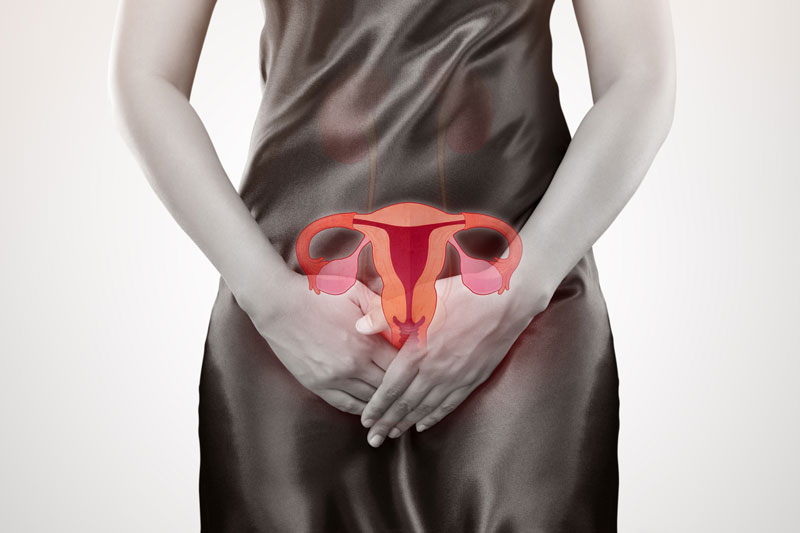Introduction
Gynecologic cancers affect the female reproductive system. These include cancers of the uterus, cervix, ovaries, vulva, and vagina. Early detection is very important for better treatment and recovery. Knowing the symptoms can help save lives.
What Are Gynecologic Cancers?
Gynecologic cancers are different types of cancer that start in a woman’s reproductive organs. The main types are uterine cancer, ovarian cancer, cervical cancer, vulvar cancer, and vaginal cancer. Each type has different signs and risks, but all need attention.
Common Warning Signs to Watch For
Some symptoms may seem normal but could be signs of cancer. These include:
- Unusual vaginal bleeding (especially after menopause)
- Pelvic or abdominal pain
- Bloating that doesn’t go away
- Pain during sex
- Frequent urination or feeling full quickly
- Unusual discharge with a bad smell If any of these continue for more than two weeks, you should see a doctor.
Why Early Detection Matters
Cancers found early are easier to treat. For example, cervical cancer can often be caught through regular Pap smears. Ovarian cancer is harder to detect, but paying attention to symptoms can help. The sooner you know, the better your chances of recovery.
When to See a Doctor
Don’t ignore changes in your body. If something feels wrong, even if it seems small, get it checked. Regular check-ups with a gynecologist can catch problems early. Tests like ultrasounds, Pap smears, and blood work help find signs of cancer.
Dr. Parminder Kaur Can Help
If you’re in Delhi and worried about symptoms, Dr. Parminder Kaur is a trusted gynecologic oncologist. She offers expert care and focuses on each patient’s needs. From diagnosis to treatment, you’ll be in good hands.
Conclusion
Understanding gynecologic cancer symptoms is the first step to staying healthy. Always listen to your body. If something feels off, don’t wait. Early detection can save lives.





